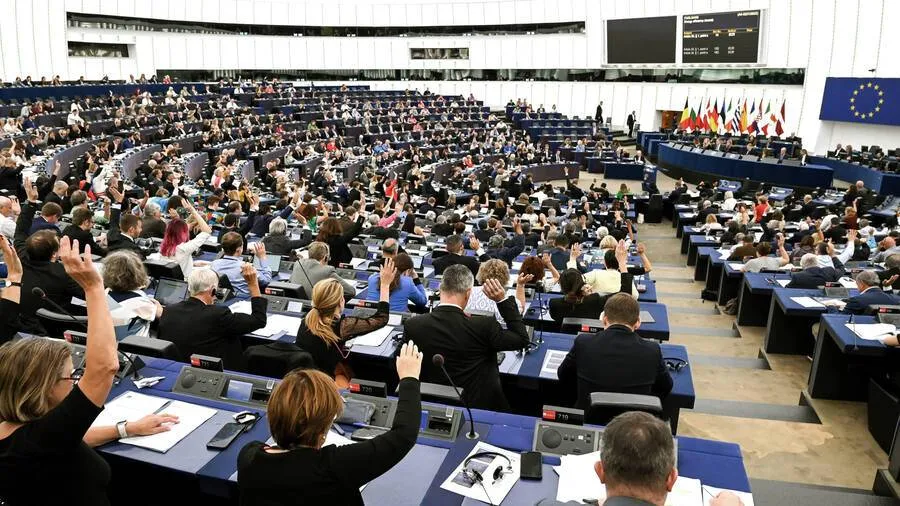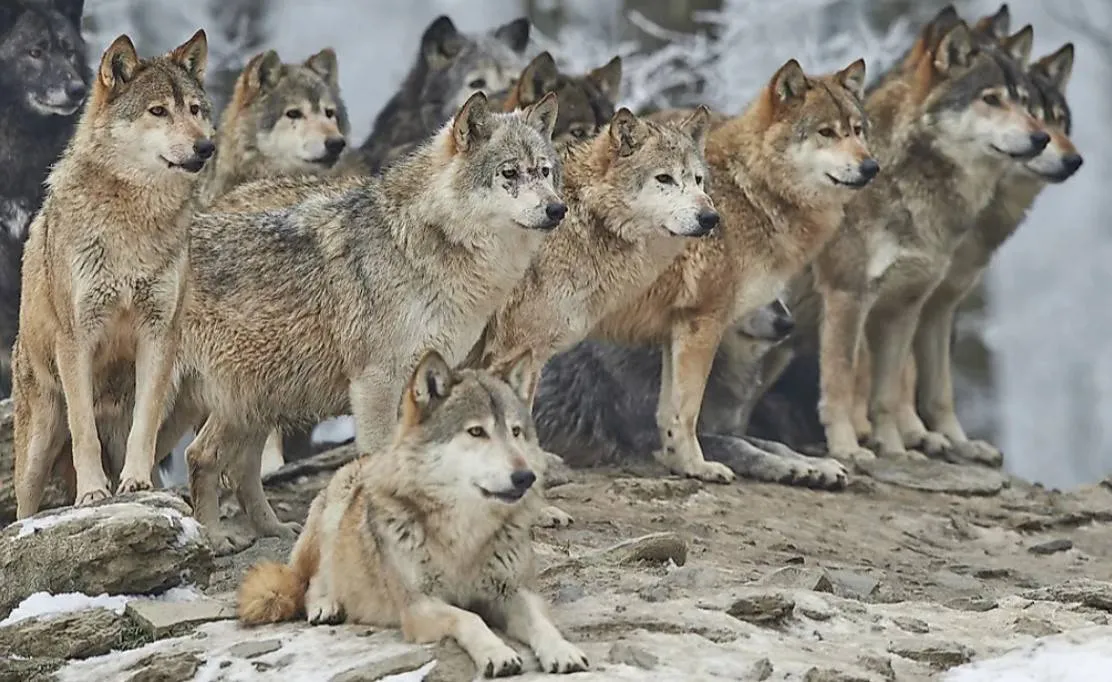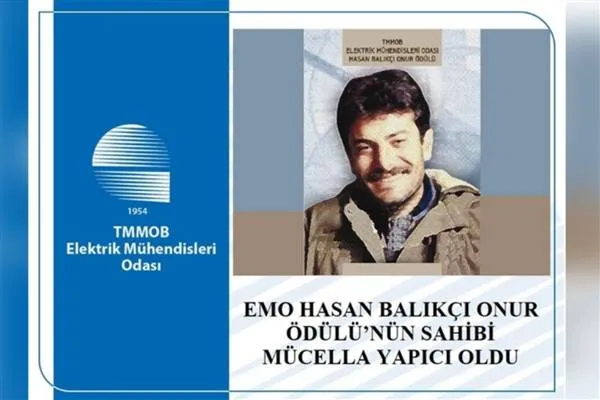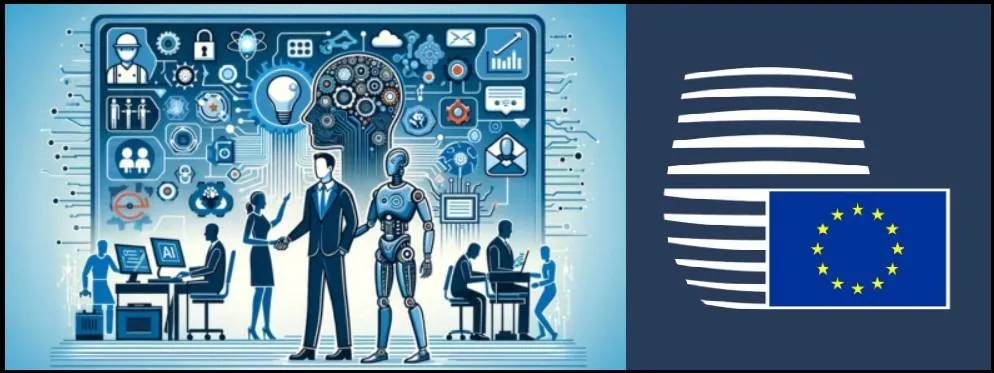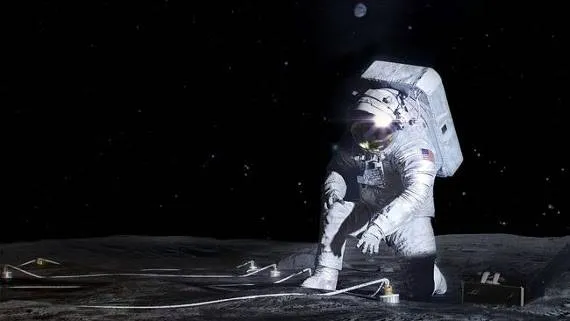European Parliament elections begin today as Dutch voters go to the polls
Stockholm, June 6 (Hibya) - Elections for the world's only supranational assembly begin today as Dutch voters head to the polls in a four-day vote that will send 720 MEPs from 27 countries to the following European Parliament.
The results of the elections, which will shape the makeup of the next European Commission and could have a major impact on the bloc's political direction in critical areas such as migration and climate action, are expected to be announced on Sunday evening.
Commission President Ursula von der Leyen's centre-right European People's Party is expected to remain the only major group in the parliament, followed by the centre-left Socialists and Democrats (S&D) and the liberal Renew.
But this year's vote is being watched closely because polls suggest that populist and far-right parties are likely to make big gains that could significantly increase their influence in the mainstream - even if not enough to bring them directly to power.
Yesterday afternoon, hours before the polls opened in the Netherlands, Geert Wilders, the far-right extremist whose anti-Islamic Party for Freedom (PVV) shocked Europe by coming first in last November's elections, was campaigning in the marketplace in The Hague.
Surrounded by a crowd of journalists seeking interviews and people wanting to take selfies, Wilders urged his supporters to vote, saying that the election was about asylum and national sovereignty and that the coming days were crucial for the future of Europe.
His words marked a departure from his usual anti-EU rhetoric. The PVV has long called for a “Nexit” referendum on Dutch membership in the EU but was forced to abandon this and other promises in its latest deal to form the next coalition government.
In the latest polls for the Netherlands' 31 MEPs, the PVV is projected to go from neck and neck with the Green-Left-Labor alliance led by former deputy commission president Frans Timmermans, who campaigned for a “free, sustainable, secure and democratic EU”, to eight seats.
Usa News Agency

